When No Kill Shelters
are No Good
No Kill Shelters. This is a pictorial argument for appropriate pet euthanasia, especially as regards sick rabbits. No kill is sometimes no good; sometimes it is appropriate to euthanize a sick or vicious rabbit. (This article does not address or apply to dogs/cats.)
The ‘no kill’ philosophy is a logical offshoot of the vegan mindset. If a person loathes the thought of killing for dinner, it makes sense that one would also loathe the idea of dispatching a discarded pet rabbit.
Respectfully begging your pardon, some rabbits should be euthanized.
Problems can arise with any animal, making it no
longer fit as a pet.
- --Illness, especially an incurable illness.
- --Grouchy, unpleasant animals. These animals might actually be sick. They become grouchy when they don’t feel good.
- --Mean animals that bite are a danger to people, and especially children.
Not all pet rabbits turn out to be suitable as pets. Euthanasia is a reasonable and humane response when rabbits prove themselves to be either chronically sick or unfit as a pet.
This is what is wrong with
No Kill Shelters
Sick, infectious, cranky, and dangerous rabbits deposited at no kill shelters continue to spread their germs or viciously threaten the shelter personnel who care for them.
This puts pressure on the shelter to adopt out unpleasant or sick rabbits to unsuspecting individuals who may not realize the full implications of the purchase of sick or mean rabbits.
Case in Point:
Here is a picture of a sick rabbit that was available for "adoption" (read "sale") through PetFinder in August 2011.
Can’t read the description? Here it is:
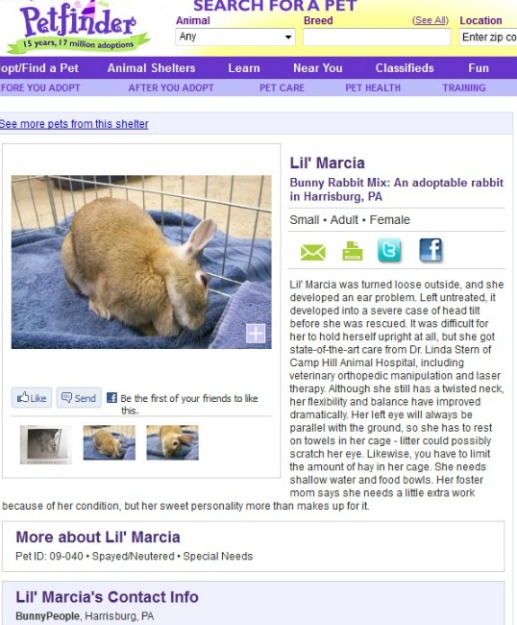
"Lil' Marcia was turned loose outside, and she
developed an ear problem. Left untreated, it developed into a severe case of
head tilt before she was rescued. It was difficult for her to hold herself
upright at all, but she got state-of-the-art care from Dr. Linda Stern of Camp
Hill Animal Hospital, including veterinary orthopedic manipulation and laser
therapy. Although she still has a twisted neck, her flexibility and balance
have improved dramatically. Her left eye will always be parallel with the
ground, so she has to rest on towels in her cage - litter could possibly
scratch her eye. Likewise, you have to limit the amount of hay in her cage. She
needs shallow water and food bowls. Her foster mom says she needs a little
extra work because of her condition, but her sweet personality more than makes
up for it."
What PetFinder doesn’t tell you:
- Why was the rabbit originally abandoned? Was it already sick? Did it have head tilt when released outside? Was it mean? Did it bite 5-year-old Jimmy? Was it no longer a ‘pet’ in any sense of the word?
- What caused
the ‘head tilt’ (wry neck) in the first place? This would be a very important piece of info. If E. cuniculi, this animal likely is brain-damaged and will never recover from the difficult posture. If P. multocida, the animal may require vet trips and antibiotics for the rest of its life.
"[Wry neck], involving continual twisting of the head, is usually caused by a Pasteurella multocida infection in the middle ear. This infection affects the equilibrium of the rabbit...Treatment is not effective, so rabbits with this condition should be [euthanized]" (Rabbit Production, 6th Ed, Cheeke et al., page 218).
More ominously since this animal spent time outside, what if its wry neck is a result of a raccoon roundworm infection? This frightening parasite is a very real threat to humans. Would you like to see your 3-year-old child walking around dizzy and unable to hold his head up straight? (A raccoon roundworm infection in humans can progress to fatal brain atrophy.) - Is this rabbit on antibiotics as pictured? Was the rabbit ever treated with antibiotics? If so, what was the outcome? (It did get a chiropractic adjustment and
laser treatment, which changed nothing...)
- They don’t quantify the meaning of "a little extra work," since the rabbit will never regain its normal posture.
- What kind of creative attention will it take to protect the eye that is staring at the ground? The rabbit is pictured on a soft towel, which can still scratch the cornea and conjunctiva. And keeping that towel clean means you'll be spending plenty of time at the laundromat. No kill shelters are philosophically bound to keep sick
animals in circulation.
- They don’t tell you
that this rabbit may require antibiotics on and off for as long as
it lives. By keeping sick animals available for sale, no kill shelters sentence
unsuspecting families to a monthly monetary sink-hole.
The strongest germs are the ones that survive repeated rounds of antibiotics. These P. multocida super-germs will eventually kill the rabbit and remain in circulation to infect the next rabbit that takes the place of the rabbit that succumbed to the super-germs. - They don’t tell you that the
rabbit's illness is contagious and that you should not accept this rabbit if you have
other rabbits at home
- They don’t warn you that just
as soon as you become attached to this rabbit because of ‘her sweet
personality,’ it may become critically ill, and your 6-year-old might find
it dead in its cage and become scarred for life.
Provide Healthy Entertainment with these Wonderful Wooden Chew Toys:
Unless this rabbit has received an ironclad diagnosis, is no longer contagious and no longer ill (though left with wry neck), this rabbit should not be offered for sale, not by PetFinder, and not by a no kill shelter.
But if it is, the offering should come with a FULL DISCLOSURE similar to the above ... including all that will be entailed with its care, including the likely vet-dollars you’ll end up spending on this rabbit per month.
Any lack of FULL disclosure is, frankly, criminal.
Sure, purchase "special-needs" rabbits from no-kill shelters, if you like. But ask the important questions, get the important answers, and go into it with your eyes fully OPEN, trying not to get too attached to the rabbit emotionally.
Double-Value Guarantee
Our policy is to always OVER-deliver
on value,
which is why your purchase is fully covered by our
Double-Value
Guarantee.
Go ahead - take any of our e-books for a test drive. Peruse our detailed informational and educational e-books. Examine our plans for building rabbit cages, runs, or metal or PVC hutch frames. Check out the Rabbit Husbandry info e-books.
If you aren't completely satisfied that your e-book purchase is worth at least double, triple or even quadruple the price you paid, just drop us a note within 45 days, and we'll refund you the entire cost. That's our Double-Value Guarantee.
Note: When you purchase your
e-books, they will be in PDF format, so you can download them to any device that
supports PDF format. We advise making a back-up copy to a drive or cloud
account. If the books are lost, you can also purchase another copy from Raising-Rabbits.
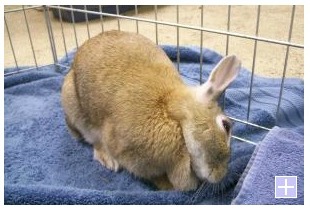
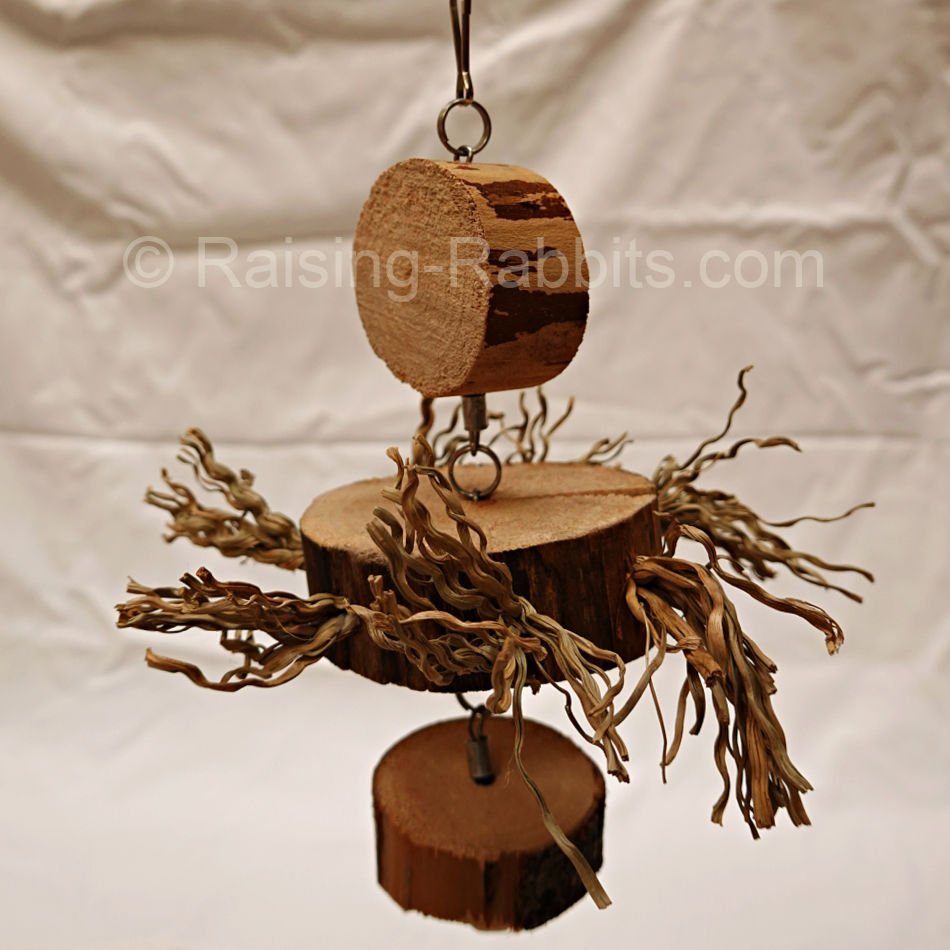
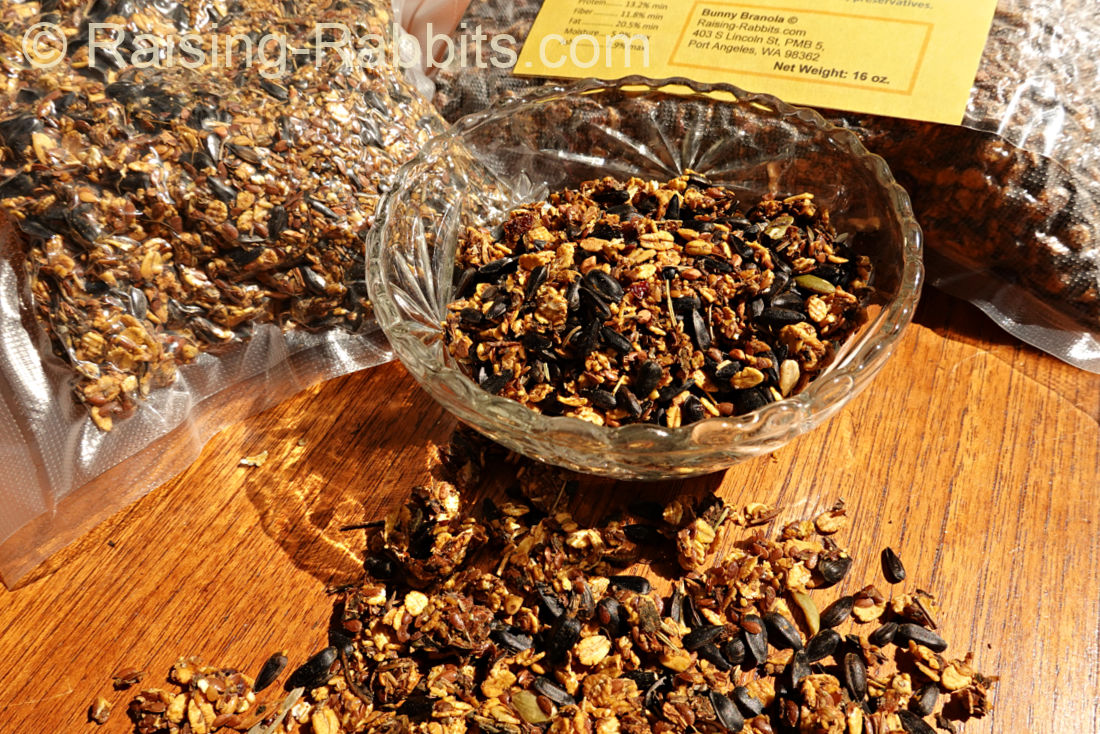
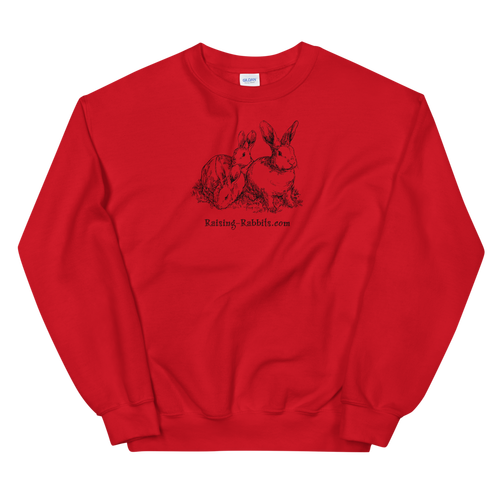
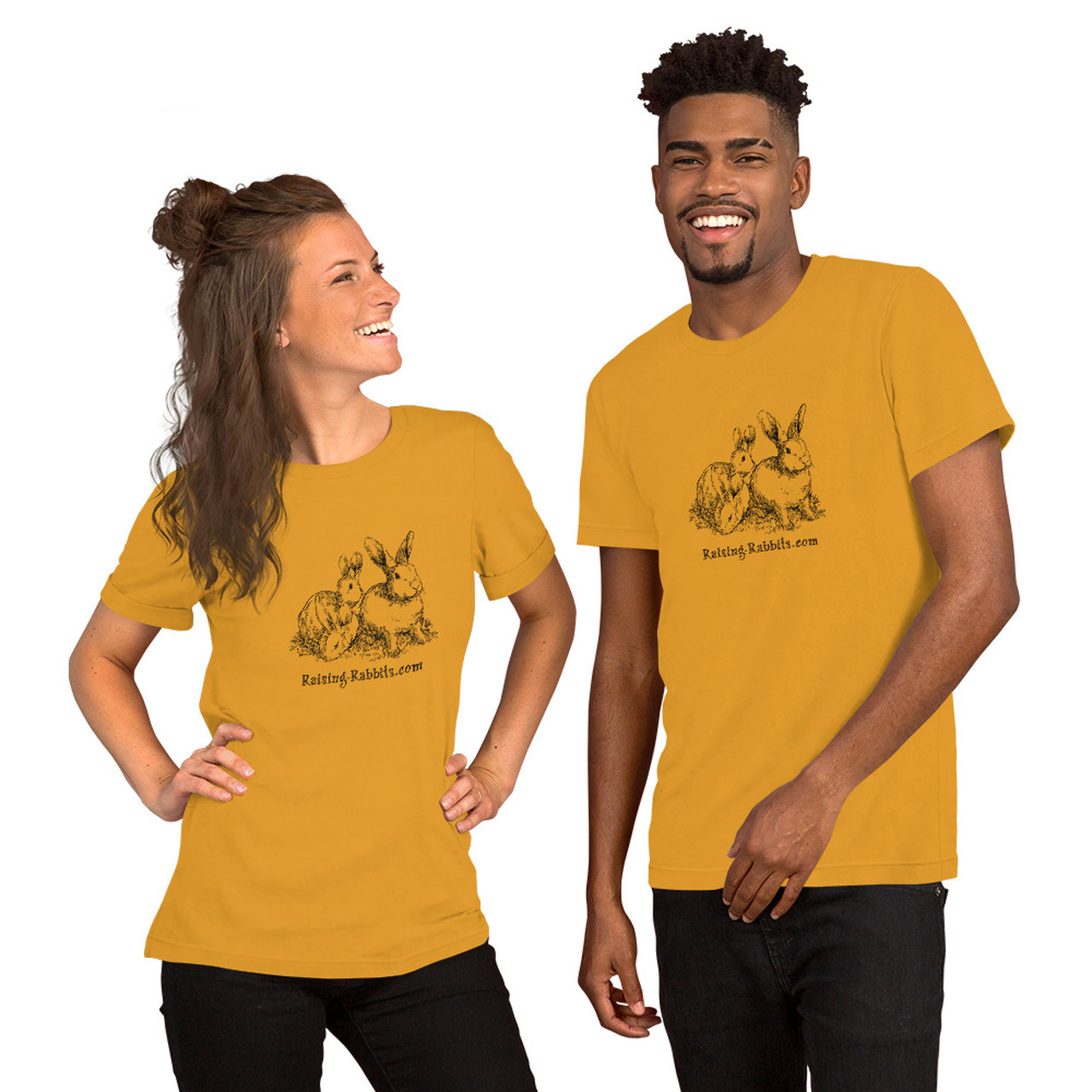
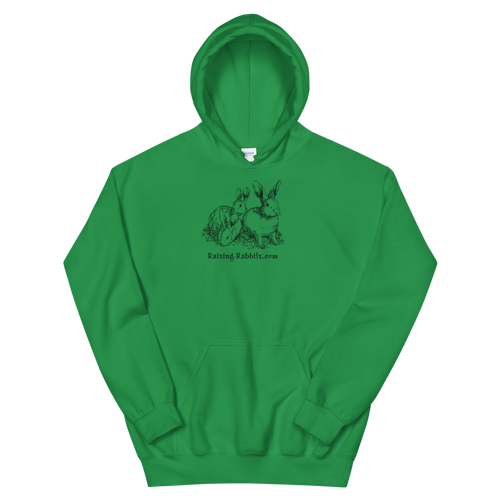
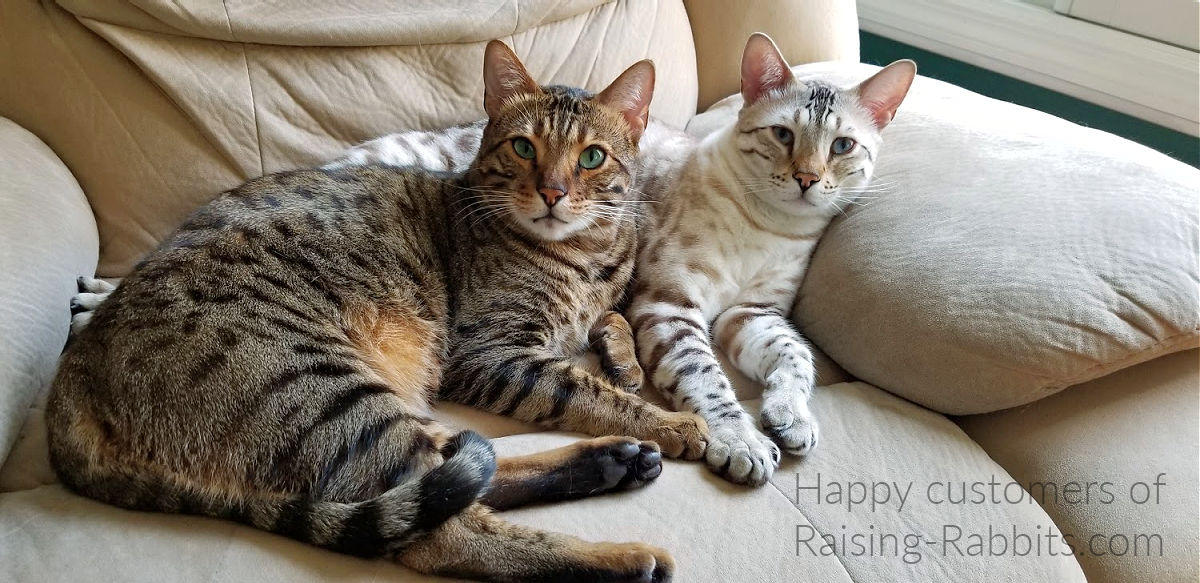

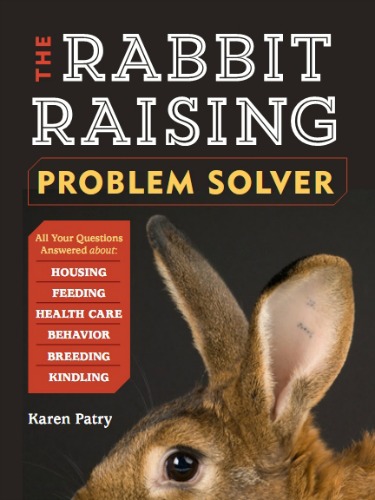

New! Comments
Have your say about what you just read! Leave me a comment in the box below.